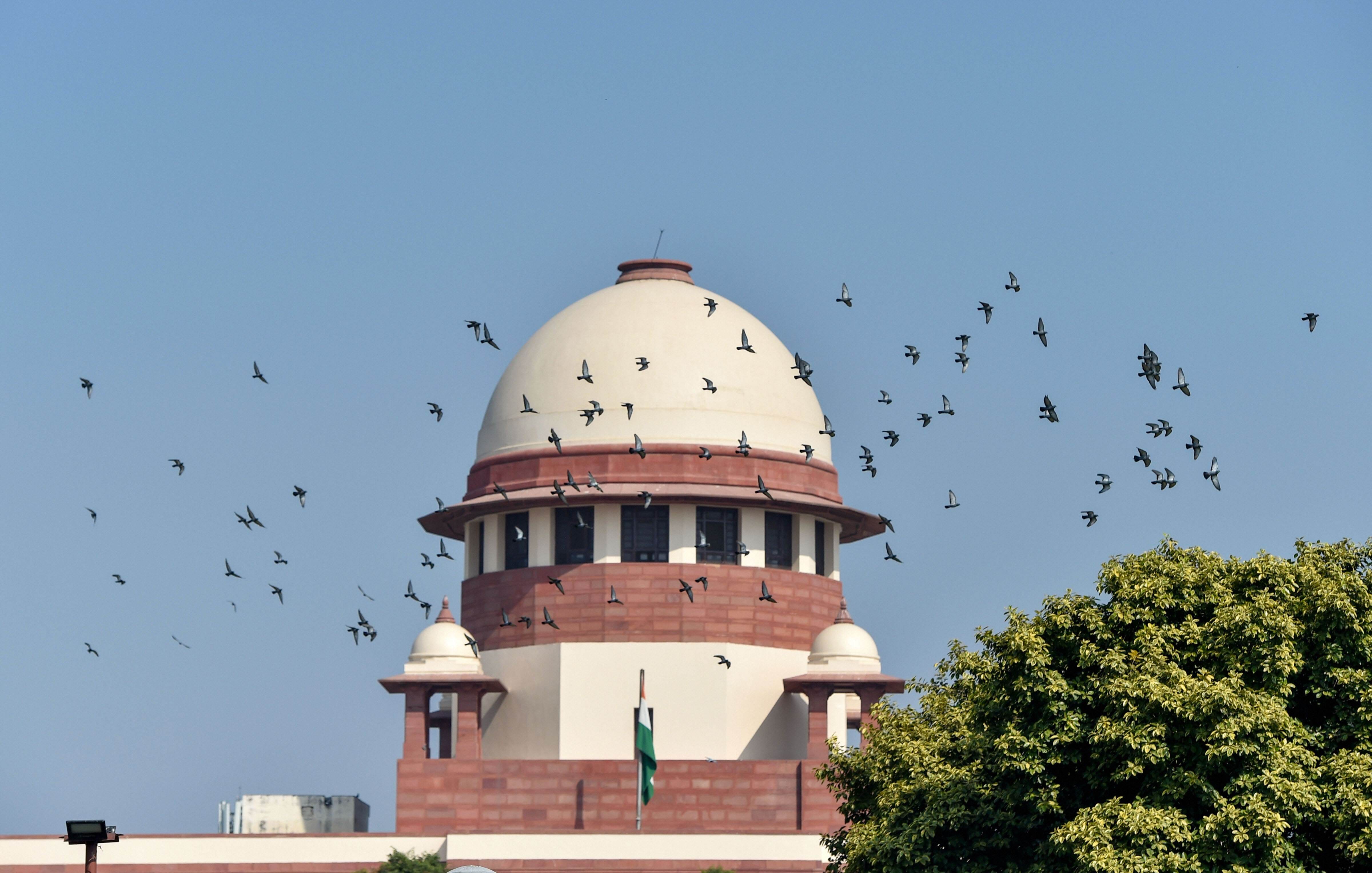Removing the rot

Supreme Court's directive to the Centre regarding streamlining of the process of granting bail points towards a longstanding lacuna in the Indian criminal justice system. It is unfortunate that the apex court had to highlight the cardinal principle of "innocent until proven guilty" before recommending the enactment of a 'Bail Act'. While the quest for justice may have been the main driving factor behind the Supreme Court's ruling, the problem of a massive backlog of cases relating to bail applications, across all the three layers of judiciary, is no less pestering. It may be important to reflect upon the importance and position bail holds in the Indian criminal justice system. Bail, being an attribute of personal liberty — as pointed out by a Delhi High Court order last year — is an intrinsic part of the Article 21 of the Indian Constitution which guarantees the very essential right to life. Apart from holding such Constitutional importance, bail in certain circumstances is also described as a right in Indian penal laws. Under section 436 of the CrPC, bail is considered a right in bailable offences — mandating the custodian to release the accused following the furnishing of a bail bond. Furthermore, under 436 A of the CrPC, if a detainee has been through more than one-half of the maximum imprisonment prescribed for the offence (except those involving capital punishment) under law, the court shall release them on their personal bond — with or without sureties. Besides, there are separate provisions related to granting of the bail to certain sections of the population — women, sick persons or those below 16 years. These Constitutional and penal provisions have been somewhat rendered inefficient in balancing between penalising the criminals and safeguarding the rights of individuals. The problem appears to be on two levels — firstly, disproportionate arrests are made by police and, secondly, granting of bail is denied or delayed in most of the cases. The Supreme Court particularly pointed out the misuse of section 41 and 41A of the CrPC. While section 41 deals with arrests in cognizable offences attracting less than seven years of imprisonment, section 41A deals with the procedure for appearance before police. The Supreme Court has directed governments to facilitate standing orders for the procedure to be followed under Sections 41 and 41A to avoid unwarranted arrests. It is time for the executive branch of the governments to wake up to the alarm rung by India's top court. The court couldn't have been clearer as it described arrest as "a draconian measure resulting in curtailment of liberty" which should be used sparingly. More importantly, the court laid out a distinction between a democratic state and a police state — India needs to choose how it wishes to be perceived as. The country, in its 75th year of independence, should certainly shed the "vestige of colonial past" and adopt a progressive way going forward. It may be noted that this colonial baggage is made more unbearable with the continuance of colonial-era laws like sedition and UAPA, which contribute majorly to the vast pool of undertrials and other long-time detainees who stand criminalised in practical sense without legal stamp on their alleged crime. Coming to the clogging of bail applications in judiciary, the Supreme Court has time and again pointed towards this malaise but to no avail. In its July 11 order, the Supreme Court pointed out that "more than two-thirds of the inmates of the prison constitute undertrial prisoners". In December 2020, 1072 cases relating to bail and suspension of sentence were pending at the Supreme Court. At the same time, the number of pending bail applications before the high courts was 91,568 and a whopping 1,96,861 for the district courts, reported The Leaflet. Now, this is some big proportion! Apart from the marred actions of police and investigation officers, and a lack of proper legislation in this regard, it is the inability of district and High Courts in dealing with bail applications that overburdens the Supreme Court — curtailing the time it needs to sort out Constitutional matters. Proper implementation of the Supreme Court's directives in the recent case, particularly on bringing a legislation on the lines of UK bail law, is a must to remove the rot from India's criminal justice system. All stakeholders must spring to action.



